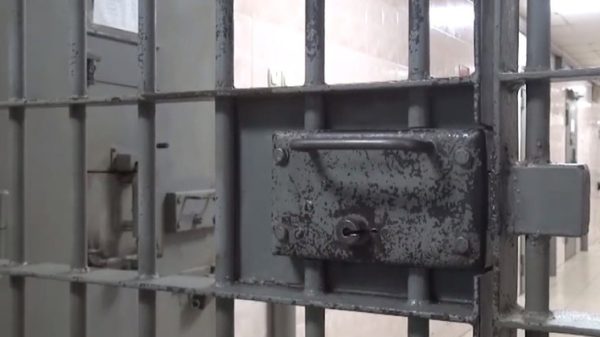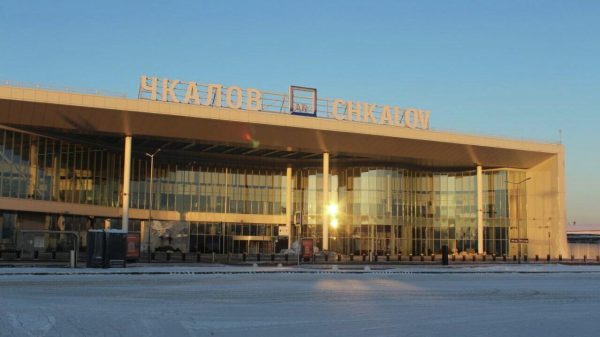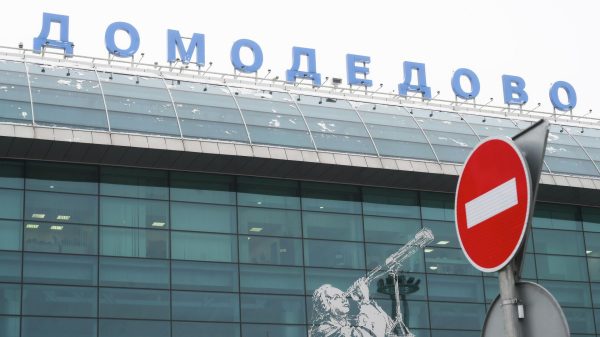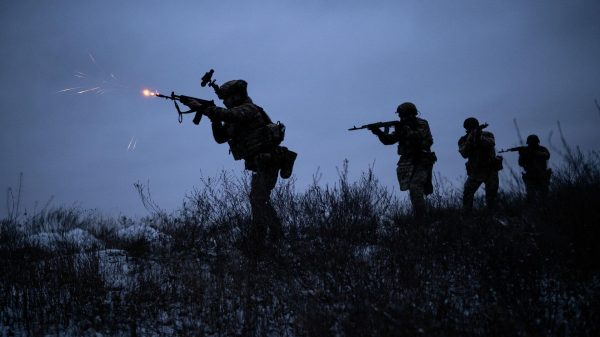Two months into the Melbourne lockdown, Erin Lyall stopped being able to get out of bed.
She used to wake at 7am and work out in her home gym. But as September rolled around, and the daily case numbers in Melbourne began to level out even as restrictions remained in place, that routine succumbed to grogginess.
“I am waking up around 7.30-8 o’clock but the sleep inertia is really bad,” she says. “So I am just lying there trying to get motivated, and I am checking my phone for a bit, seeing what the [coronavirus] numbers of the day are, and then trying to get up.”
Sarah, who asked for her last name not to be used, is the same. Where once she woke at 7am and cycled to work, now she rolls out of bed at 8.55am for a 9am meeting. Her sleep is also disrupted by “those weird Covid dreams”.
It is not limited to Melbourne residents. James McPherson lives in Brisbane. He used to wake up at 4.30am to cycle for 30km on weekday mornings. Now he’s sleeping later and later and is exhausted by the time he finishes work. He and his wife have no energy to pursue their hobbies. “We have to struggle to get ourselves motivated to do things,” he says.
The majority of Australians are still working from home, while kids are back at school. Frontline sectors aside, we are considerably less busy than usual. And yet many report feeling overwhelming tiredness. What has happened to our sleep?
So you’ve been having weird dreams during lockdown, too?
Read more
Where we go wrong is viewing sleep as a constant, somehow unaffected by daily life, says Dr David Cunnington, the co-director of the Melbourne Sleep Disorders Centre. But sleep is not an isolated process. It is different and worse this year because almost everything is different and worse.
“We should expect sleep to be different during this period because our waking hours have totally changed,” Cunnington says. “Why should we expect sleep to be the same?”
He suggests thinking of changed sleep patterns in the same way as adapting to Zoom meetings and other remote work practices. “If I said ‘this is terrible, I want to go back to seeing clients in person like I did last year,’ people would say, ‘well, you have to adapt’,” he says. “But if you say ‘my sleep has totally changed from the way it was last year,’ people say ‘that’s weird! I wonder what that’s about?’”
It may not, he suggests, be a crisis. “If your circumstances change, your sleep will change.”
If you have a nap and then you feel more rested afterwards, that’s a sleep issue. But for other forms of fatigue it’s a bit more pervasive
Prof Simon Smith
Researchers have been tracking the trend. There are reports of increased insomnia, of people who were previously busy getting better sleep, and of fatigue connected to stress and other factors.
Prof Simon Smith, from the Institute for Social Science Research at the University of Queensland, says it is too early to have accurate models of the changing impact the pandemic has had on sleep patterns. But he says habits that many of us have fallen into this year – not getting enough exercise, not eating well, not spending enough time outdoors, and being glued to screens at night – can negatively impact sleep.
In Melbourne, the confluence of the one-hour exercise limit (since lifted) under stage four lockdown and dreary grey winter days may have resulted in many not getting the necessary natural light to set their internal body clocks. For others, what they perceive as tiredness is actually fatigue. We are, increasingly, burned out.
“If you have a nap and then you feel more rested afterwards, that’s a sleep issue,” Smith says. “But for other forms of fatigue it’s a bit more pervasive.”
Stress, poor mental health, and chronic illness can all lead to fatigue. Concern around job loss and economic stress are also contributing factors.
“[With fatigue] you will always feel tired regardless of how many minutes of sleep you get,” says Cunnington.
McPherson says he believes he is suffering fatigue. He is anxious “all the time”.
“What’s the future going to be like for our kids? What’s it going to be like for our elderly parents? What are the things that we are just never going to be able to do again?”
Those fortunate to still be in work are working longer.
Cees Arnesen, working from home in Melbourne, says his work day has extended into the evening. “You know that people know that you are just sitting at home not doing anything,” he says. “So if they send you an email [after hours] you feel obligated to respond to it – they know you’re not busy.”
Lyall, who works in events marketing, faced a sudden loss of business in March and spent the next few months building up her books. By the time Melbourne’s second lockdown started in July, she was working seven days a week. She needs a break, but does not feel confident enough that restrictions will be lifted – and stay lifted – to book one.
“We would love to book some time off over Christmas, and we have had friends who live in Queensland invite us up there, but we had no idea when we would be able to leave our suburbs let alone go to Queensland,” she says.
Coronavirus Dreams: is it the worst romcom ever or something that is actually happening? | First Dog on the Moon
Read more
Before the tiredness set in she suffered bouts of sleeplessness, punctuated by anxiety dreams. As Melbourne reached its peak of more than 700 casesa day in August, she dreamed she’d had a fight with her friend because her friend opposed Victorian premier Daniel Andrews. “And I am not a ‘Dan Stan’ – I mean I think he has done a good job, but I don’t think he is above criticism – it was just all the media reporting around it and the negativity,” she says. “It was weird.”
Covid dreams – increasingly vivid, memorable night-time wanderings in people who do not usually recall their dreams – are a “real thing,” Cunnington says. He puts it down to two divergent trends: people who were previously very busy and are now sleeping longer and deeper; and people who have become more fitful sleepers. Both could lead to increased recall of dreams.
He also said people may be more likely to recall dreams while periods of wakefulness show little variation.
“My dreams are the most interesting thing that happens to me all day,” Arnesen jokes.
He has taken to sleeping 11 hours a night, up from a pre-pandemic eight hours, and is experiencing increasingly vivid dreams often connected to visiting his family overseas: of rowing a boat from Port Phillip Bay across the Indian Ocean, or being in a 747 stuck on the M1. He does not know when he will actually be able to travel.
“It’s that feeling that you don’t really have anything to look forward to – all I do is work,” Arnesen says. “So when you have nothing to punctuate your days with it’s like sleep is an escape. It’s something to look forward to.”






















































Свежие комментарии